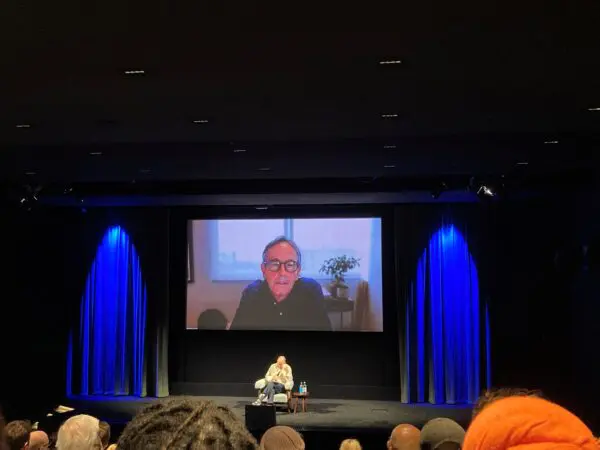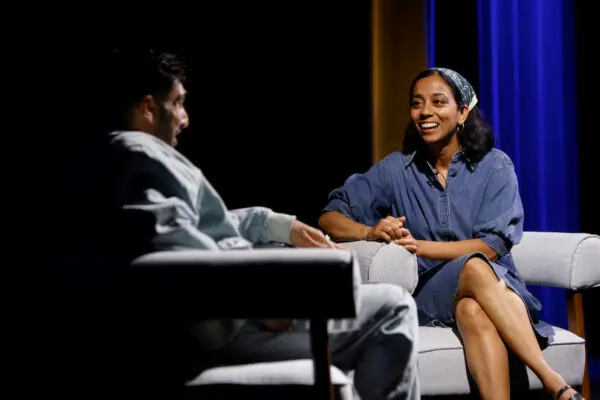The comedy writing maestro behind huge hits such as Blackadder, The Vicar of Dibley, Four Weddings and a Funeral and Love Actually has taken to the stage to ask himself the all important question; ‘Why?’
Reflecting on this important question as part of his 2013 Screenwriters Lecture he posed it in several different ways and offered valuable insights as he attempted to answer each one.
Why did he start making films?
Curtis recalled the time Hollywood came calling after his first feature, The Tall Guy, and he came up with the idea for “Four Eyes and Fat Thighs” whilst on the Northern Line.
He describes this as his “first mistake”, having since learned the importance of development: “I’ve always lived with an idea for at least a year. Film can’t be infatuation, it must be a relationship.”
Curtis also compared the difference between having a good idea and the finished film. He described it as “the same as seeing a pretty girl at a party and being there when your wife delivers the third baby. It’s an incredibly long journey, and a good idea is only the tiny little spark at the beginning of this immense process.”










